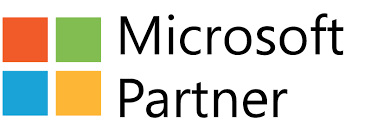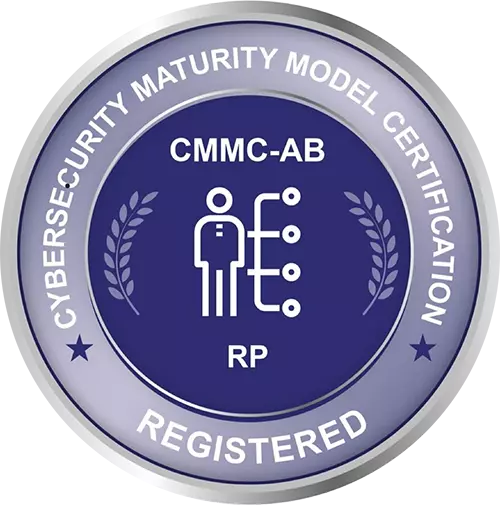Four Reasons Why You’ll Always Need Clinical Data Abstraction Services

The more patient data that healthcare organizations collect, the greater their need for clinical data abstraction services. If these aren’t a priority for you now, we strongly encourage you to make them one. Here are a few key reasons why these services are so important. Health Apps and Data Privacy App development continues to be […]
Why Are Mortality Reviews Important, and What Can You Do To Improve Yours?

Mortality reviews can be a key component for improving patient care, avoiding health complications, and strengthening quality assurance. Yet this system of review is often found lacking, largely due to the fact that it is decentralized and inconsistent across healthcare organizations. Let’s dig deeper into why these reviews are so important, what data they include, […]
How Can Concurrent Reviews Benefit Patient Care and Equity?

Healthcare systems often find themselves balancing two prerogatives: adopt more strategies for value-based care, but in ways that reduce the associated costs. One method for improving this process is by implementing concurrent reviews, which evaluate the appropriateness of ongoing patient care. Here’s how they can benefit your team, and what to do if managing them […]
Why Is Your Healthcare Data So Important?

Do you know why your organization’s healthcare data is so important? For starters, it can determine public health policy. It’s also a key component for patient relationships and your own operational change. Here’s a further breakdown on why each of these areas rely on accurate, timely data, and how to improve the analysis of yours. […]
The 2 Types of Data Abstraction You Need
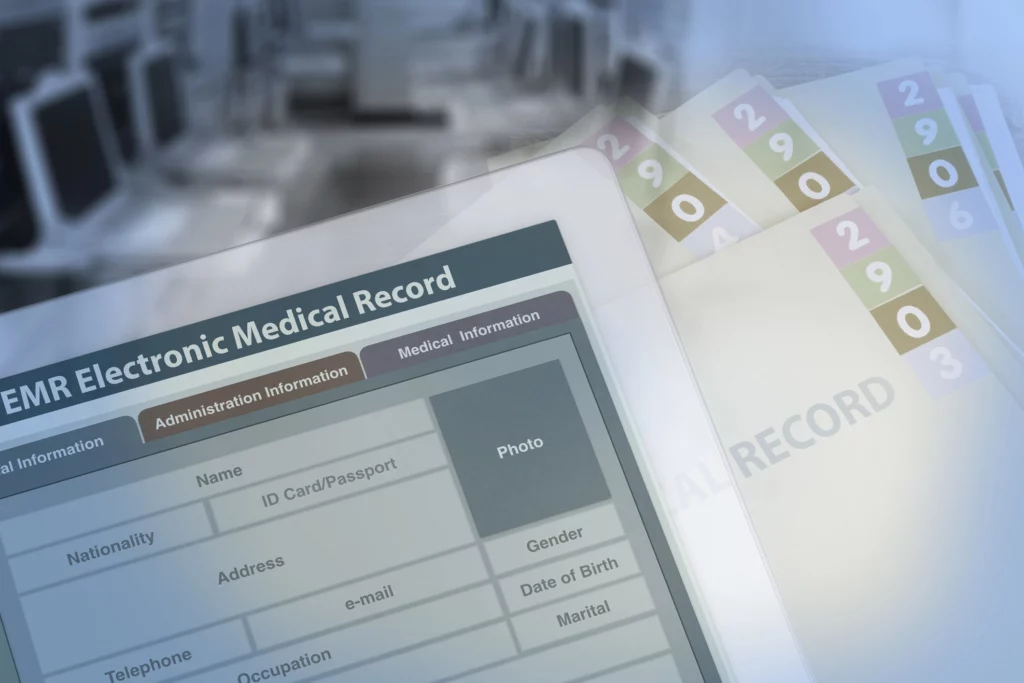
The continued push for value-based care means that healthcare organizations need to focus on data abstraction. It involves two types: core measures and medical records. Here’s why both of these are necessary, and how HCRS can help. Core Measures Core measures make up national standards of care and treatment. If you want to maintain compliance, […]
Why It May Be Time for Your COVID Data Audit
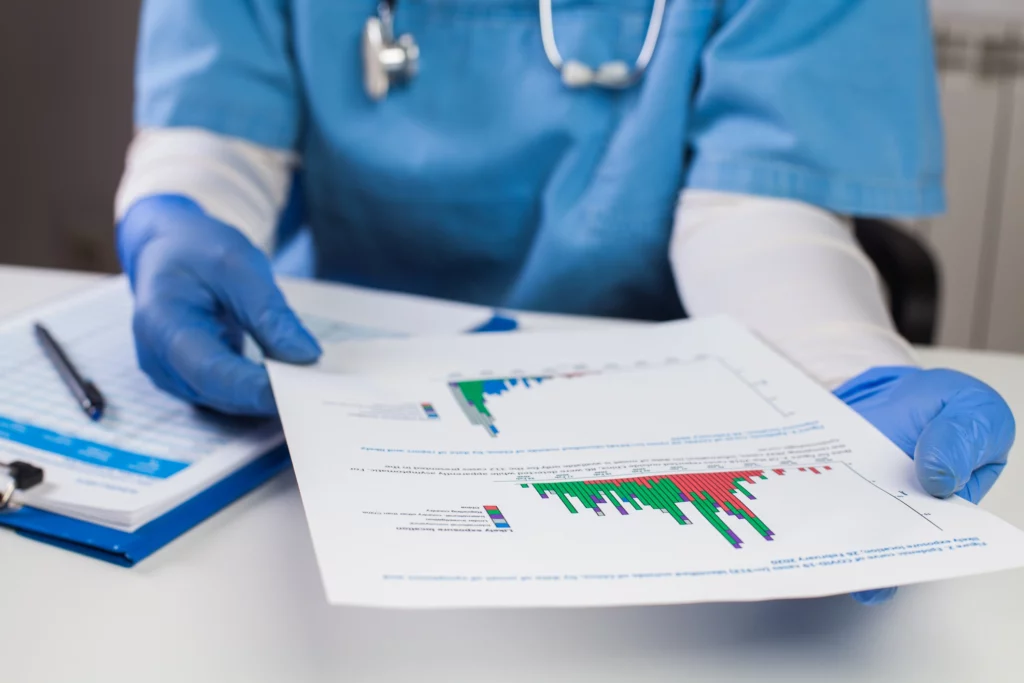
Have you performed a COVID data audit before? We ask because now may be the time to do so. While the requirements for one may vary based on your agency’s specific role in health care, it’s important to note that the U.S. Department of Health and Human Services (HHS) is preparing a nationwide audit of […]
Sustainable Remote Patient Monitoring (RPM) Depends on Medical Coding and Audits
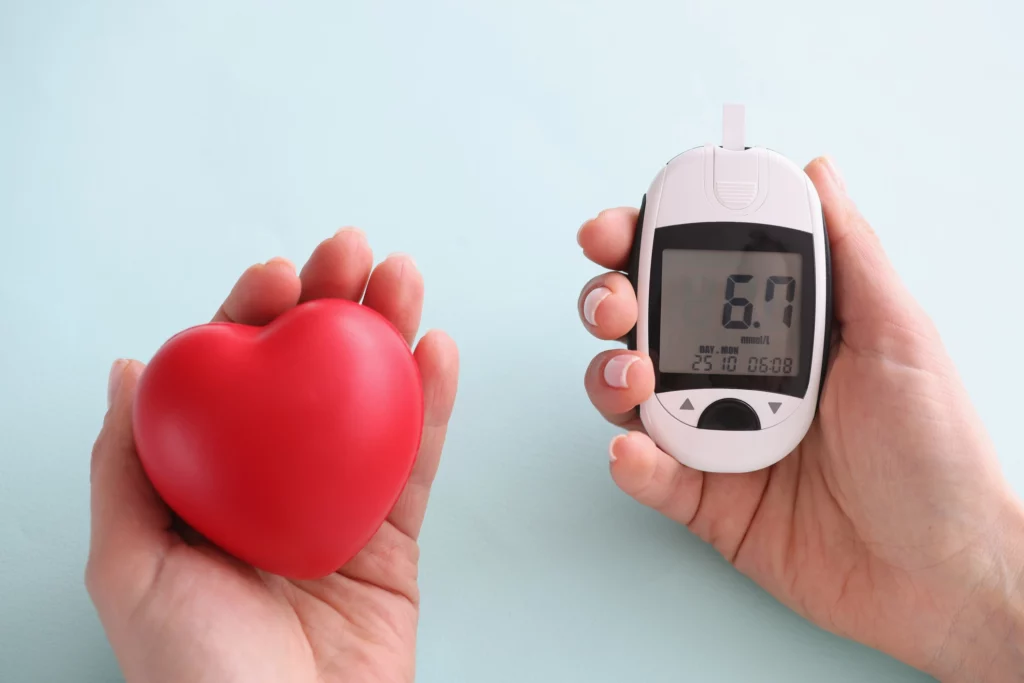
Remote Patient Monitoring (RPM) was already gaining attention before the pandemic, and it’s only become more valuable to patient care since. Developed alongside telehealth, RPM is a powerful remote-based service for early identification of potential health concerns — as long as its data remains properly managed and reviewed. Below, we discuss RPM’s benefits, what challenges […]
The Case for Improving Death Certificate Data

Unfortunately, a large portion of the death certificate data in the United States is inaccurate. These range from misidentified causes of death, to errors in medical care that weren’t reported, to coding mistakes that were made when patient data was initially gathered. Not only can these complicate legal matters on behalf of the deceased and […]
What’s Your Cybersecurity Incident Response Plan?

As an agency that operates in the healthcare sector, you’ve probably heard how it’s no longer a matter of “if” but “when” you’ll be exposed to a cyberattack. You’ll be in the best available position to overcome one if you have an established incident response plan, detailing exactly what you intend to do the moment […]
How You Can Meet the New Requirements for CMMC 2.0
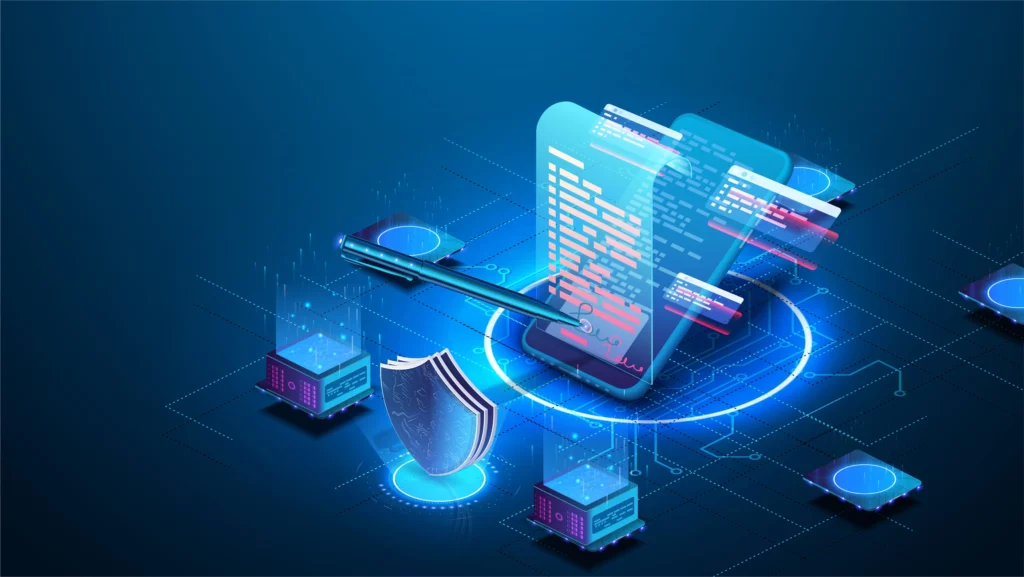
Last November, the DoD released its updated requirements for the Cybersecurity Maturity Model Certification, dubbed CMMC 2.0. The reason for this update was two-fold: 1) ensuring that government contractors used the practices necessary for protecting sensitive data; and 2) balancing the financial impact of these requirements so that small businesses could afford to implement them. […]






